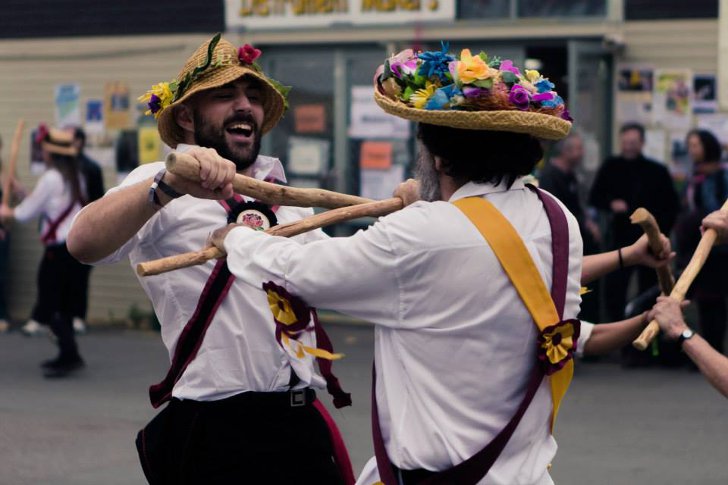The inaugural National Folk Festival took place in 1967. It was initiated by several cultural clubs and societies in the state of Victoria. The organizers originally intended to hold it in the town of Kilmore but had to relocate the event to Melbourne at the very last moment because Kilmore lost interest in the festival and the promised accommodation fell through. Regardless of this mishap, the first festival was a success and it was decided to make it an annual affair.
In 1969, a new tradition started when the National Folk Festival moved to another state or territory each year. From 1969 to 1992 the festival was hosted at least once in Brisbane, Sydney, Adelaide, Canberra, Alice Springs, Fremantle, Kurunda, Pert, Sutherland and Maleny, bringing folk music to thousands of people.
However, the festival eventually became too difficult to manage for the hosting states because of its continually increasing size. In order to make it financially stable, it was decided to hold the festival in Canberra each year. As a homage to the traveling tradition, each edition of the festival focuses on a particular state or territory, providing increased performance opportunities for artists from that state.
The National Folk Festival takes place at Canberra’s Exhibition Park. For several days the park is transformed into a small but colorful and vibrant festival village full of stages and performance spaces, themed stalls and booths, bars and cafes. It also features a unique Community Area for workshops and the Tradition Bearers area devoted to traditional arts and crafts. Up to 5,000 attendees can stay at the adjacent camping grounds.
The program of the National Folk Festival features about 100 performances, numerous live sessions and improptu street concerts, a film festival, a series of workshops on making, repairing and playing music instruments, dancing, poetry, storytelling, visual art, traditional arts and crafts, etc. The world-famous Session Bar hosts an almost continuous, five day long pub session that only stops briefly early in the morning because of alcohol license restrictions.
The festival’s highlights include the opening concert and the closing concert held in a 3,000 seat venue. The National Folk Festival also hosts dance evenings. Each night of the festival is dedicated to a certain kind of dance such as a Scottish Ball on Friday, an Irish Ceili on Saturday, and an Australian Colonial Ball on Sunday. Other dance styles represented at the festival include tango, flamenco, Latin dance, and contra dance.

Photo: folkfestival.org.au




